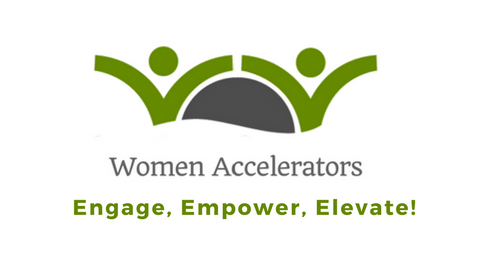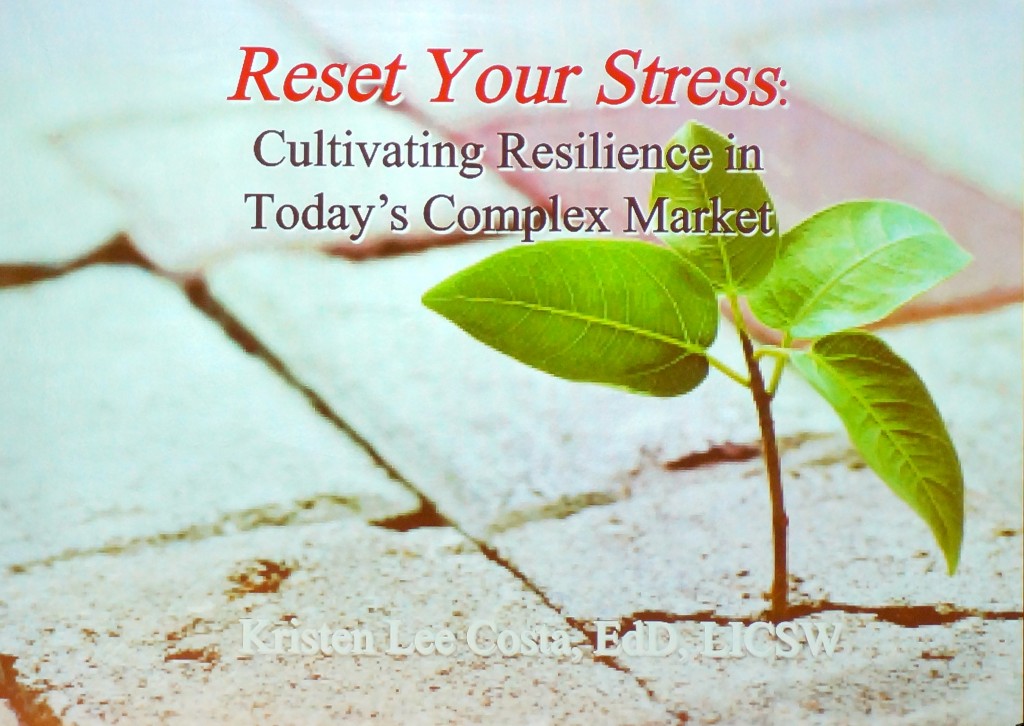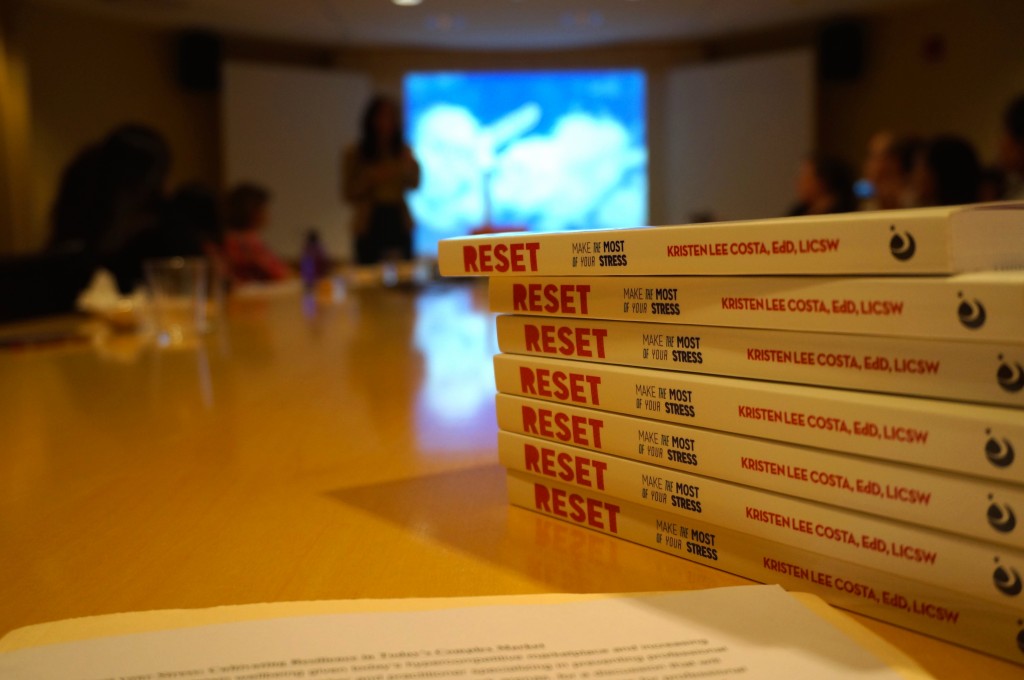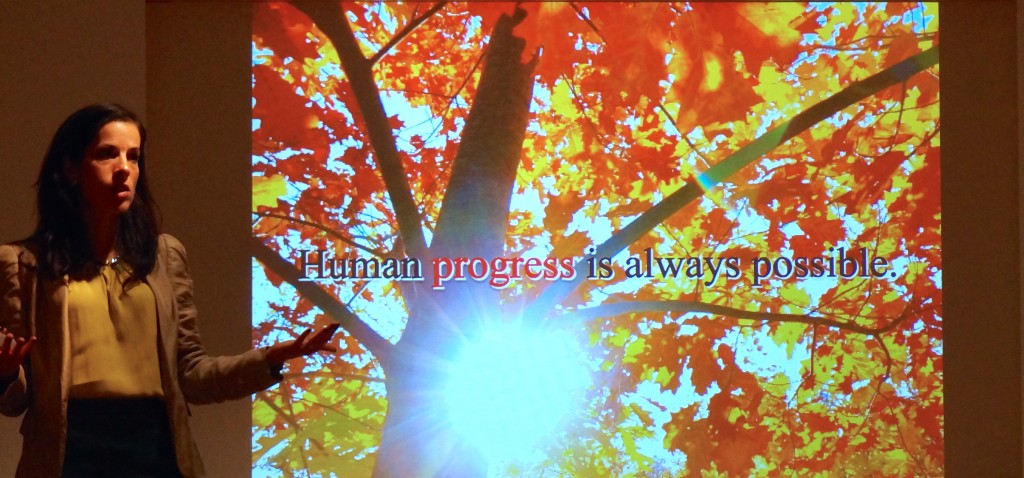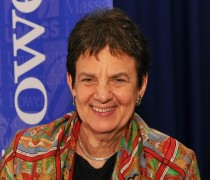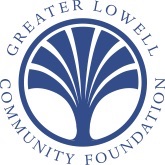With a summer that surely expired quicker than we all would like, it’s almost time for the weather to change again. Fall in Boston has so many redeeming qualities: colorful leaves, cozy sweaters, apple picking (see: apple donuts) and your favorite warm drink.
Unfortunately, this time of year can also bring extra anxiety and sometimes an overwhelming increase in items on the ‘to-do’ list. As we plan for the upcoming start of classes, new jobs, and whatever else may be on the horizon, it is important to remember that it’s not all about the hustle. Slowing down and taking time for YOU is vital for well-being and long-term productivity.
When you are happy and managing stress, you are performing better overall – so, to help our followers stay at the top of their game we compiled these 5 tips for self care.
-
Take time for soul-searching before taking action
Something often overlooked in self care is the importance of individual consideration. No number of spa days will cure the overwhelming stress of working in a role that is a major mismatch; or, working within culture that mismatches with your own personal beliefs.
Taking some time to clear your head, identify a root cause or a personal need can be the best gift to yourself. For example, if you’re feeling overwhelmed at work or in personal matters and aren’t able to quash the stress or anxiety, take time to soul search. If there is something or someone in your life causing you pain, and you are able to distance yourself, then that may be the best self care possible. Similarly, if you used to love to paint (or name a hobby) but haven’t had time for it lately, maybe it’s time to pick up that brush and see if it is the escape you needed.
Our leadership team is composed of a diverse group of women and we all have different self-care rituals. You must find what works for you.
Have trouble slowing your mind down long enough to think? Sometimes the best way to think is to pause long enough to catch your breath & be present – Try one of these guided meditation apps to find your zen:
& for the skeptic who is not sure that they want to meditation, read this.
-
Hit the weights
Getting into an exercise routine can be the hardest part with a busy schedule but blocking time on your calendar and following through is worth it! There is no prescribed time for the positive results of exercise so just get your blood pumping even if that means taking 10-15 minutes each morning to do push ups and sit ups before your morning routine.
Research shows that exercise can relieve stress, reduce depression and improve cognitive function. But don’t just take our word for it:
Harvard Health on exercising to relax.
American Psychological Association on the stress and exercise link.
American Heart Association on working out to relieve stress.
-
Indulge in a spa day
A spa day doesn’t mean you need to take an entire day off (unless you can – then treat yourself). Instead, choose a service that makes you happy and relax. Taking an hour to get your nails done or get a massage could be “your” meditation. Changing up your hair or nails can be a boost of confidence. A spa day isn’t going to fully change your self perception BUT it gives you a chance to step back and refresh your look (& hopefully outlook on life).
Having a positive self image can impact your daily life and part of that is how you feel in your skin. Think through these positive thinking strategies as you pick out your new fall nail color (helpful for perfectionists like me!).
-
Take a walk
 If you are feeling overwhelmed, anxious, or stressed out and aren’t able to take time off (yet) – sometimes the best thing to do is take a walk. Even taking a walk around the office or around the building outside can do wonders for clearing your head or helping you cool down from a tense situation in the classroom or boardroom. Walking removes you from the stressors and the stressful environment and can give you much needed fresh perspective.
If you are feeling overwhelmed, anxious, or stressed out and aren’t able to take time off (yet) – sometimes the best thing to do is take a walk. Even taking a walk around the office or around the building outside can do wonders for clearing your head or helping you cool down from a tense situation in the classroom or boardroom. Walking removes you from the stressors and the stressful environment and can give you much needed fresh perspective.
For even more value on your walk – take a friend. Use the walk to vent or get feedback on an issue you are facing. Or use the time to connect with someone you may not normally talk to and make a new friend in the process.
-
READ
If time off of work for travel & relaxation is out of the question, take your mind on vacation. One of the easiest ways to escape is to dive into a good book and feel immersed in its pages.
If you have a long commute (shout out to the MBTA), you can take 10-15 minutes to step away from your stressors and imagine a different world or learn something new. Once you reach your destination, you will at least have a fresh perspective on your environment and maybe even a few ideas to tackle the day’s challenges!
Check out these 24 reads under 200 pages (both fiction and non-fiction).
“Self-care is how you take your power back.”
– Lalah Delia
